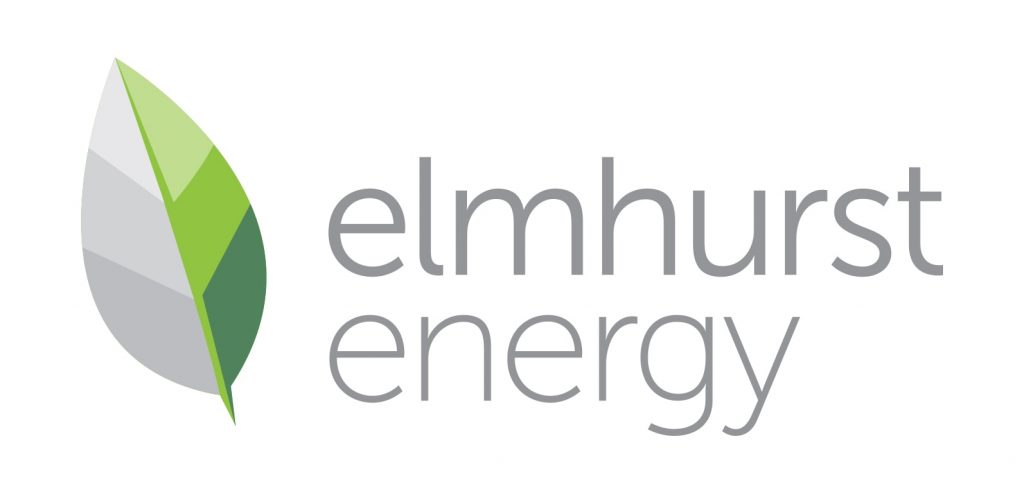
Understanding ECO4 Eligibility: How PRS and Social Housing Properties Are Treated Differently
If you’re navigating the world of energy efficiency upgrades under the ECO4 in the private rented sector or social housing, one of the first things to understand is that not all homes are treated equally. Whether a property is privately rented or social housing can significantly affect what measures are available, how eligibility is determined, and what documentation is needed.
Let’s break it down in plain English.
What Is ECO4 All About?
ECO4 (Energy Company Obligation Phase 4) is a government-backed scheme designed to improve the energy efficiency of homes across Great Britain. It targets low-income, fuel-poor, and vulnerable households, aiming to reduce energy bills and carbon emissions.
The scheme is delivered through energy suppliers, who are legally obligated to install qualifying measures—like insulation, heating upgrades, and renewables—in eligible homes.
Tenure Matters: PRS vs Social Housing
🏠 Private Rented Sector (PRS)
PRS homes are privately owned and rented out, typically by landlords or letting agents. Under ECO4, PRS properties must meet stricter conditions than owner-occupied homes.
Key Points for PRS:
- SAP Band Requirement: Only homes with a starting SAP band of E, F, or G are eligible.
- Minimum Requirement (MR): PRS homes must be upgraded to at least Band D (for F/G homes) or Band C (for E-rated homes).
- Measure Restrictions: PRS homes must receive at least one of the following:
- Solid Wall Insulation (SWI)
- First Time Central Heating (FTCH)
- District Heating Connection (DHC)
- Renewable Heating (RH)
Boiler and ESH Repairs?
Generally not eligible unless part of a broader upgrade (e.g., replacing electric room heaters with high heat retention ESH).
Landlord Permission is required, and tenure must be confirmed via tenancy agreements or declarations.
🏢 Social Housing
Social housing is owned or managed by registered social landlords, such as housing associations or local authorities.
Key Points for Social Housing:
- Eligibility Depends on Rent Level:
- If let below market rate, it’s treated as social housing.
- If let at or above market rate, it can be treated as private domestic premises (like PRS or owner-occupied).
- SAP Band Requirement:
- Band D: Only eligible for Innovation Measures (IMs) and insulation to meet the Minimum Insulation Requirement (MIR).
- Bands E-G: Eligible for a wider range of measures including:
- Insulation
- FTCH
- RH
- DHC
- IMs
Documentation Needed:
- Land Registry extract showing ownership
- Declaration from the social landlord confirming rent level
- Evidence of occupancy (e.g., tenancy agreement, utility bills)
Why Is Social Housing Funding Harder to Access?
Unlike PRS, social housing ECO4 funding is less commonly requested, meaning many management agents don’t have funding pipelines in place. This can make it harder to deliver measures unless the landlord is proactive or the property meets specific criteria.
Insulation Preconditions: A Common Requirement
Regardless of tenure, heating measures (like boilers or heat pumps) can only be installed if certain insulation measures are already in place or installed as part of the project. These include:
- Loft/Roof insulation
- Wall insulation (cavity or solid)
- Floor insulation
- Park home insulation (for mobile homes)
If insulation isn’t possible, exemptions must be documented and approved.
Flexibility Through ECO4 Flex
For PRS and owner-occupied homes, ECO4 Flex allows local authorities to refer households that don’t meet standard benefit criteria but are still vulnerable or fuel-poor. Social housing is not eligible for Flex, unless let at market rate and treated as private.
Funding Management Agents May Vary—Check Before You Install
It’s important to note that not all funding management agents apply ECO4 rules in exactly the same way. Some may accept slightly different eligibility criteria or offer additional options for certain measures. ECO4 in the private rented sector and social housing.
These differences often stem from the specific funding contract the managing agent has with the utility company. For example, one agent may allow a boiler upgrade in a PRS Band E home, while another may restrict it to Band F and G only.
Best practice?
Always confirm your proposed project with your funding management agent before moving forward to installation. This avoids delays, rework, or rejected claims.
In Summary
| Feature | PRS | Social Housing |
| SAP Band Eligibility | E-G | D-G |
| Minimum Requirement | Band D or C | Band D or C |
| Eligible Measures | SWI, FTCH, renewables, innovation measures (IM) | IMs (Band D), Full range (E-G) |
| Flex Eligibility | Yes | No (unless let at market rate) |
| Insulation Requirement | Mandatory (pre conditions) | Mandatory (pre conditions) |
| Funding Availability | More common | Less common |
| Managing Agent Variability | ✅ Confirm before install | ✅ Confirm before install |
Final Thoughts
Understanding the nuances of ECO4 eligibility by tenure type is crucial for Retrofit Coordinators, landlords, and social housing providers. While PRS properties have more flexibility, social housing requires careful documentation and often faces funding challenges.
And remember—tenure isn’t just a checkbox; it can shape your entire retrofit strategy
For more information from OFGEM please visit OFGEM Delivery Guidance
If you need any help in ECO and Retrofit just reach out to us on 0151 374 0044 or email me direct on Andrew.foote@eco4gurus.co.uk.


